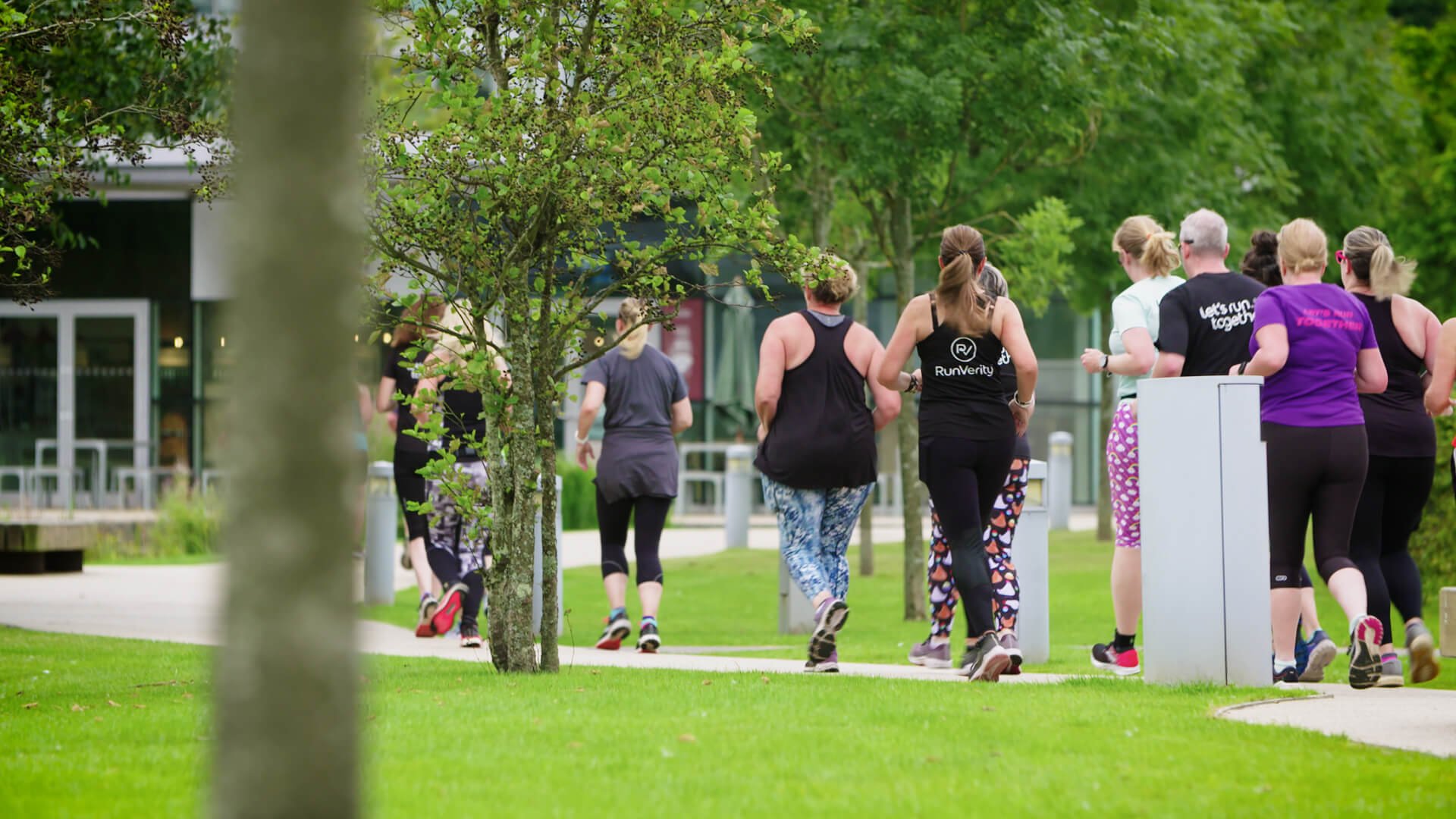
Welcome to Week 7
Mental Skills Continued - Stress!
Running is an incredibly effective and immediate stress-reducing activity, you can often hear me saying the running cures everything.
It clears the mind, stimulated the release of “happy” hormones, it can increase your energy levels, help you to lose weight, gain fitness, the list is quite long.
But what happens when running becomes the stressor???
Key Points from Week 7.
-
What happens when running saps your energy, disturbs your sleep, even raises your stress hormones, causes you physical aches and pains and completely zaps you of your motivation.
What can you do when instead of jumping out of bed on a Sunday morning you have reached a point where you have no energy to barely make yourself a cup of tea and crawl back into bed?
-
Stress can be a good thing and aid you in your running performance, the increase in heart rate at the start of the race, the adrenalin pumping can help you achieve your PB’s.
A few nerves when you turn up at a new training session will also help you run up that hill or enable you to run faster on another lap.
Also, stress is good for when we train, we are seeking this ‘optimal’ level of stress that leads to improved performance.
From a physical standpoint, it’s quite easy to determine the appropriate amount of volume, intensity, and recovery that should result in improved performance. If we do workout X and long run Y and take a rest day, we should see improvements. While that looks good on paper, it often doesn’t translate to real life. Why not?
-
What we need to consider is that stress from other areas of your life can erode the body’s ability to recover from running. Worry, anxiety, pressure at work as well as feelings of being completely overwhelmed by life, all these forms of psychological stress can cause fatigue, illness, sleep problems, irritability and so much more.
The thing about stress is that it doesn’t recognise the difference between a hard hill session or whether you are worrying about paying the bills, your body responds in the same way.
On a very basic level you have an increase in the stress hormone cortisol which is one of the key components in your fight or flight response and whilst these levels are increased, if we don’t rest, recover and adapt to the stress these hormones can stay in our body and may cause long term illness.
-
The stress response we have from either major life events or daily hassles can result in an overtaxed body that finds it hard to recover from the physical stress of running. We can get caught up on just the physical side of running, for example what our weekly mileage is, what our pace is per mile and how much effort we have put into a particular training run.
Sometimes when it goes wrong, we tend to look at just the physical self to see the cause of the issue. What you need to do is look at other areas outside of your running, not just the physical part but also our emotional, social, intellectual, environmental and occupational part as well.
All these components effect our running, if you have had a busy, stressful day at work and are mentally and emotionally drained then you cannot expect your body not to be affected by your day, so if you put a demand on it like running later in the evening you must be prepared for the physical component to be compromised.
If you ignore your everyday stressors and continue running and training without proper rest and recovery, then over a period you may experience a gradual accumulation of tiredness that slows or even stops the natural adaptation response to stress. Unfortunately, this can happen slowly, it can creep up on you and it can lead to injury, illness and in some cases exhaustion.
-
All my training plans focus on physical factors, how many miles per week you need to run to achieve your end goal, they do not consider any other components that may affect your performance.
All your stressors in your life should be treated in the same way as physical stress in terms of how it affects the body.
That doesn’t mean that you should stop training every time something stressful happens, it just means that you should be kind to yourself, listen to your body and fit the training plans around your life.
You can move the workouts around to fit with you and your lifestyle, if you’ve had a busy week make the weekend run an easy enjoyable one, rest and recover so that your body can adapt.
Week 7 Homework
1.
Warm up by walking briskly to increase the heart rate.
2.
Run for 1 min, walk for 1 min x 2.
Run out for 15 mins, slow it down, then run back, if you need to walk take a walk break, if not carry on
3.
Walk when you want or just slow your pace down.
